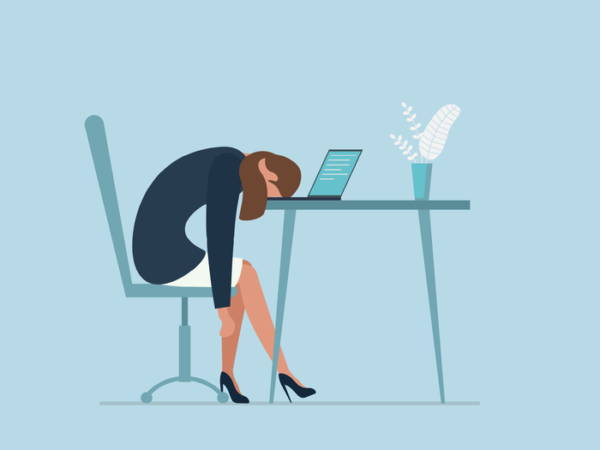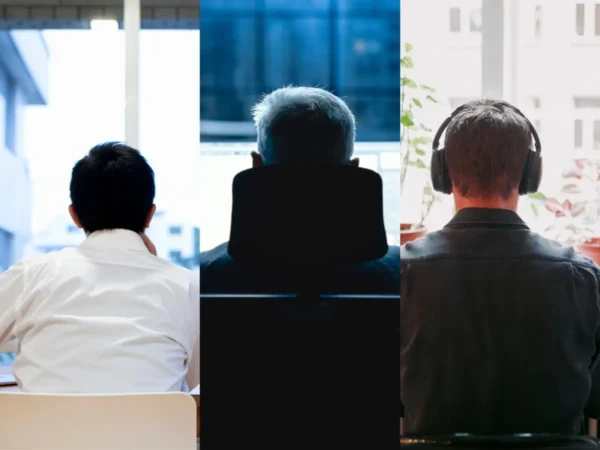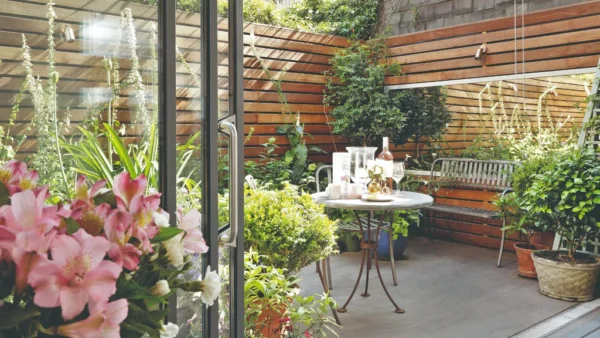
Parenting During Coronavirus

Believe it or not, we’re halfway through January, and for those of us who are juggling lockdown with homeschooling and parenting, it can feel like battling an uphill struggle. As a few weeks have passed since the children went back to school, now feels like a good opportunity to sit back and evaluate how it’s going, and how parents can be easier on themselves.
The COVID-19 pandemic and consequent lockdowns have posed an array of new challenges for every one of us. But for those of us with children to care for, juggling parenting with home-schooling, as well as in many cases working from home, has undoubtedly been overwhelming at times. Parenting often feels like a progression of challenges, many of which you can never really anticipate, a feeling that has only been exacerbated these past few months.
Now, as we begin a third lockdown, which has seen schools close and workforces told to work from home once again, how can parents brace themselves for the changes that could be ahead? How can we work through this time without feeling like we’re fighting a losing battle?
Here are a few tips to help keep you grounded:
The ‘Good Enough Parent’ is the best parent
This style of parenting begins with worrying less about your imperfections and not comparing yourself with the idealised views of other parents. ‘Good enough parents’ strive to empathise and understand their children, and make space for them to be themselves, remembering that the notion of perfect parenting is often both unachievable and restrictive. It’s about recognising that they will not always succeed in their parental endeavours as fully as they might wish, and therefore forgiving themselves for that.
These are very challenging times, in which parents will have multiple responsibilities in terms of work, family and keeping everyone well and safe. It’s important not to add to more pressure by having impractical expectations of yourself. If, at the end of the day your children are warm, fed and loved, you are getting it right. Remember that ‘good enough’ is good enough!
It’s OK to take personal time as a parent
All parents need some alone time. If there are other adults in the household, enabling each other to have personal time is actually a huge gift we can give.
It’s especially important with babies and toddlers, if at all possible, to try and use nap times to recharge, rather than to clean or work. If you have a partner at home, spending quality time together is also important. Remember that practising self-care is really an act of collective care, as when you are recharged, you can give yourself fully to those who are dependent on you for love and care.
Praise your children when they do well
Take care to praise children when they do well. Tell them what they did that you were pleased with and why. Be specific. This lets them know that you are noticing what they are doing and that you are interested. Praise the effort and work that they put into things as much as – if not more than – the outcome. It will ultimately help them to feel confident about taking on other challenges.
Set expectations with your children
Preparing now for outbreaks in school and childcare could pay off. Set appropriate expectations for your children in case you need to isolate them while you continue working. It’s unlikely that they can stay silent for a whole working day, but they might be able to let you take a call or answer an email without interruption.
Being specific can help. Saying ‘I need 20 minutes for this call, then we can play’ is easier to understand than ‘go away, I need to work.’
Negotiation is often the key here. Being honest with children – age-appropriately – may help them to see that you value their collaboration and opinion, giving them some sense of control.
Finally
Seek out ways to keep yourself as calm and centred as you can be. Remember: children are like sponges – they’re not only soaking up the events around them, but they’ll also be focusing on the way you’re responding to what’s happening.
Think about ways to manage your own stress and anxiety as an act of self-compassion. This will enable you to be there for those who need you, and don’t forget to reach out to your own support network.
Remember, you know the children you care for better than anyone. So, adapt these suggestions in ways that you think will help best, and be age and language-appropriate.
We don’t know what the next few weeks will bring, and coping with uncertainty is something we all need to come to terms with. So, take it slow, be kind to yourself and you’ll soon discover how best to support your children.
By: Kirsty Lilley, Mental Health Specialist at CABA, the wellbeing charity












































